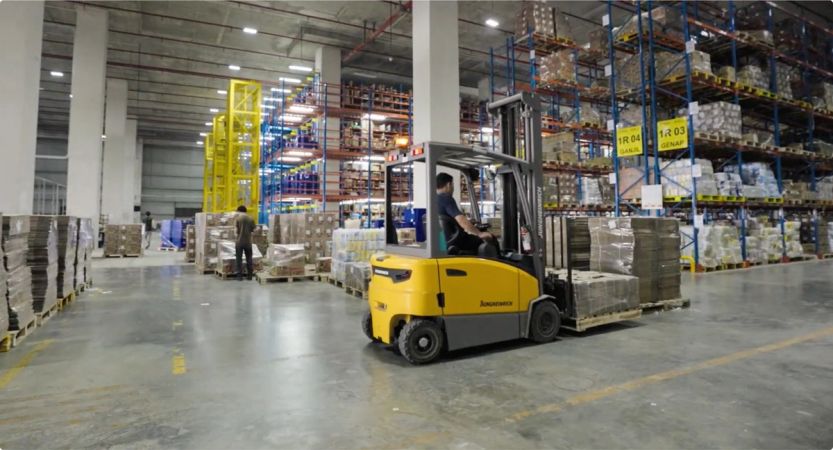Spare builds city transportation systems with Aiven's help
Spare provides a platform for building transportation services by using PostgreSQL.

Highlights
- Spare had unacceptable downtime with their previous PostgreSQL provider
- After switching to Aiven, Spare’s systems became much more reliable and efficient
- Aiven has saved Spare the cost of two engineers, allowing them to focus on their app
Background
Imagine a transportation platform so mission-ready that it could be used to develop a flexible transportation service for an entire city in under 48 hours. The key, as it turns out, is a reliable data system.
Based in Vancouver, Canada and founded in 2015, Spare enables a number of municipalities around the world to provide on-demand transportation services to their citizens via a platform that gives access to public transportation and micromobility.
Finding a niche and rebuilding the app
After taking a stab at building a carpooling app for students in the Vancouver area, Spare soon stumbled upon the concept of microtransit, realizing that, with the right amount of riders, it was possible to organize a similar carpool model with smaller buses and more fluid scheduling and route options — which required system infrastructure capable of handling real-time requests at scale.
Additionally, the team found that the data driving their new system was more relational. CTO and co-founder Alexey Indeev elaborates, “We realized that some form of SQL database would work much better for us.” This is why they chose to use PostgreSQL.
After having switched to GCP due to CPU issues on Heroku,
it was natural for them to use Google’s Cloud SQL. But GCP’s scheduled maintenance resulted in too much downtime — they needed more flexibility, reliability, and fault tolerance in their system.
Building a more robust platform
The team started looking for alternatives to GCP’s Cloud SQL, one of which was to host their own Postgres server. “We could have spun up our own that we just never upgrade, but I didn’t want anyone to have the hassle of setting up and maintaining that,” Alexey admits.
So they compared three managed providers: ElephantSQL, Citus Data, and Aiven. And the most important point of comparison? Alexey explains, “The most important thing [in choosing a service] was to understand what happens when we decide to do maintenance and things like backups.”
They ultimately chose Aiven for PostgreSQL because it satisfied all of their database requirements, included features such as point-in-time recovery (PITR), and the ability to scale as needed. Once they got Postgres up and running with Aiven, they started to see results.
"The biggest thing is that when we switched to Aiven, we instantly had a more reliable service."
Alexey Indeev
CTO and Co-founder
More reliability, less maintenance
“The biggest thing is that when we switched to Aiven, we instantly had a more reliable service”, Alexey explains.
Now, Spare experiences significantly less downtime during maintenance (which they can schedule with Aiven) and higher overall performance.
Additionally, Aiven for PostgreSQL allows them to easily monitor performance using Aiven’s built-in metrics dashboard, provision services up and down with ease, and even
choose where they’ll deploy a service, a critical feature in a globally-distributed system.
Compared to running their own PostgreSQL servers, using Aiven brings Spare cost savings. Alexey explains, “If somebody said ‘why don’t you run your own Postgres service?’ I’d say because we’d have to pay the salaries of two additional engineers.”
Aiven has allowed Spare to get the most out of Postgres and focus on fast, dynamic execution instead of infrastructure. And that beats waiting for the bus.
Related case studies
- Loading...
- Loading...
- Loading...
Get your first cluster online now
Aiven makes setting up cloud databases so simple anyone can do it. Our set-it-and-forget-it solutions take the pain out of cloud data infrastructure.





